

Image: Uli Benz / TUM
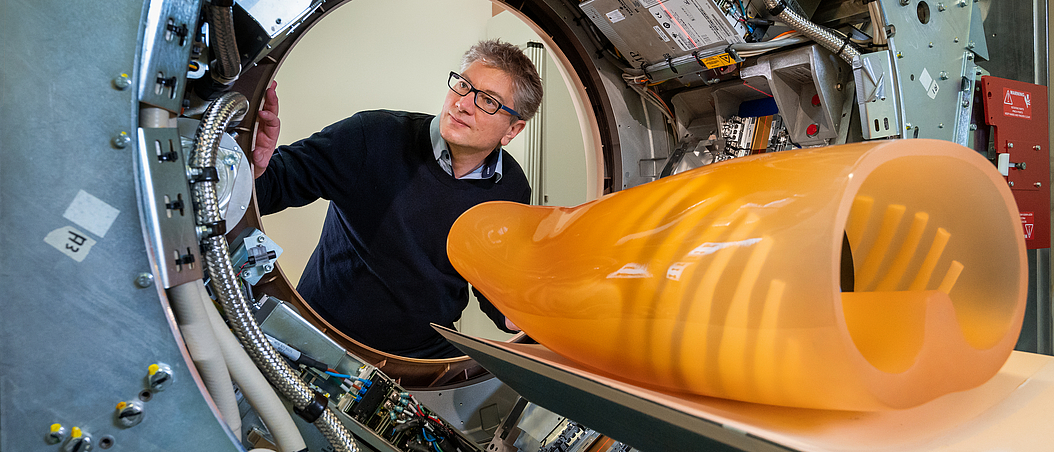
Image: Astrid Eckert / TUM
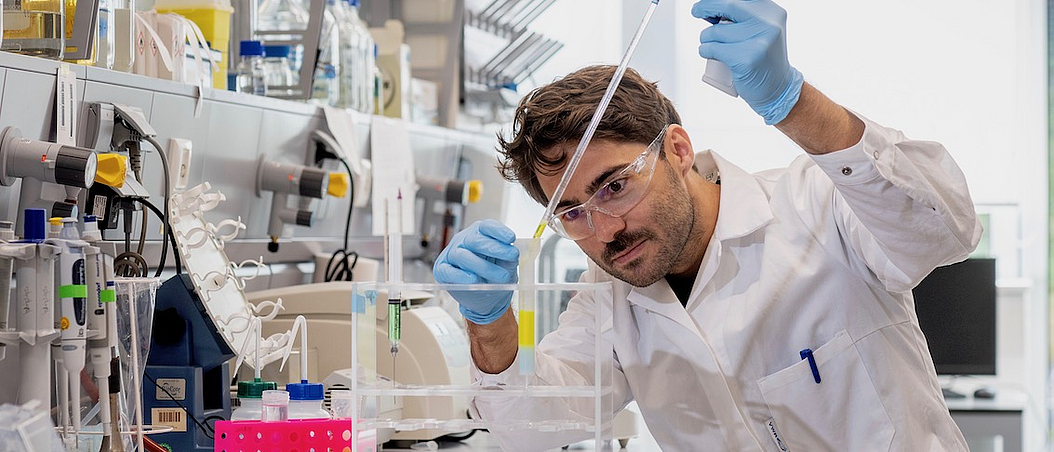
Image: Andreas Heddergott / TUM
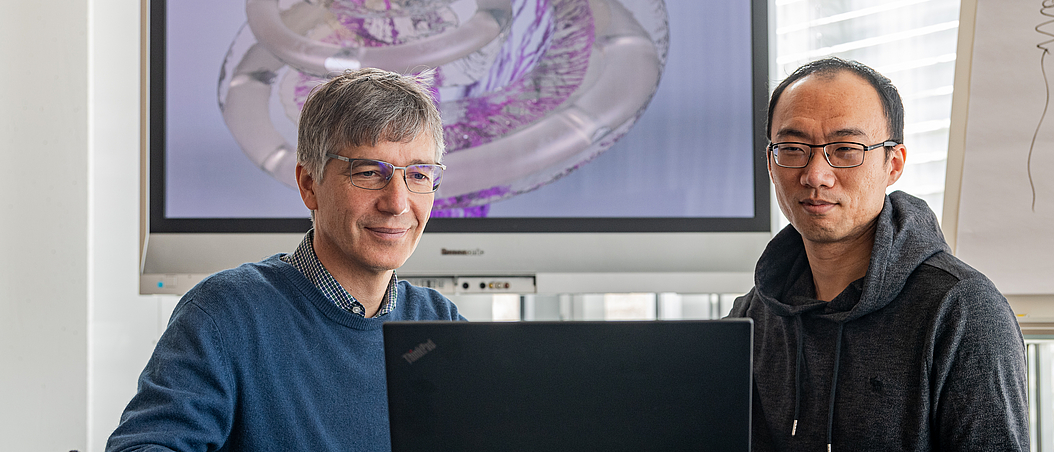
Image: Andreas Heddergott / TUM
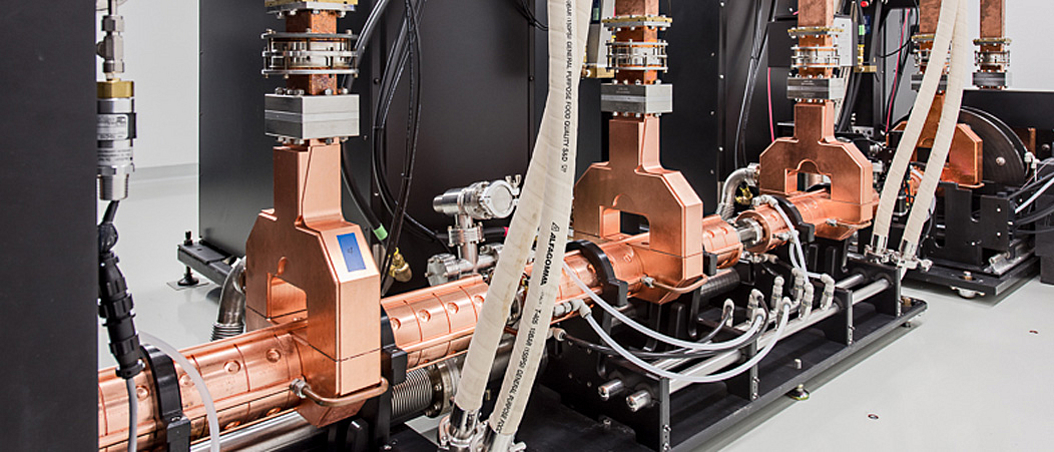
Image: Andreas Heddergott / TUM
Munich Institute of Biomedical Engineering
MIBE is an Integrative Research Institute within the Technical University of Munich (TUM). Our research integrates engineering principles with biological and medical sciences, spanning from molecular structures and cellular systems to organoids, small-animal models, and ultimately, human applications. We are dedicated to transforming biomedical research into tangible health solutions, revolutionizing diagnostics, treatments, and personalized medicine.
Engineering for health & life
At the forefront of biomedical engineering, we use cutting-edge technology and scientific discoveries to improve people’s health and quality of life. Our research is grounded in three key pillars:
Detect
advancing technology & Ai for biomedical innovation
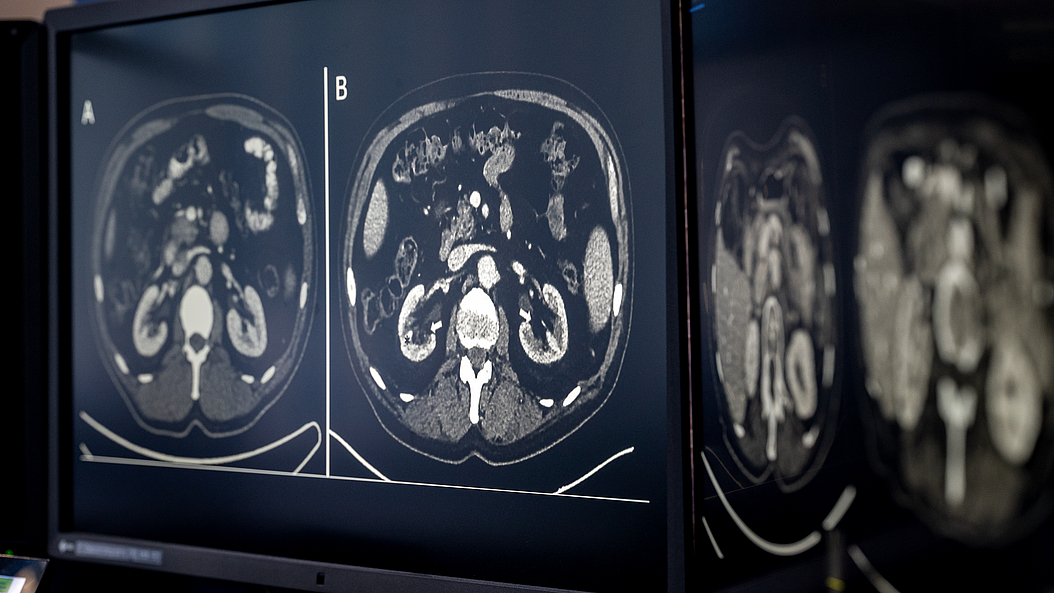
We develop pioneering technologies and AI-driven algorithms to push the boundaries of biomedical detection. Our work focuses on: microscopy, biomedical imaging and sensing.
Design
engineering novel biomedical solutions
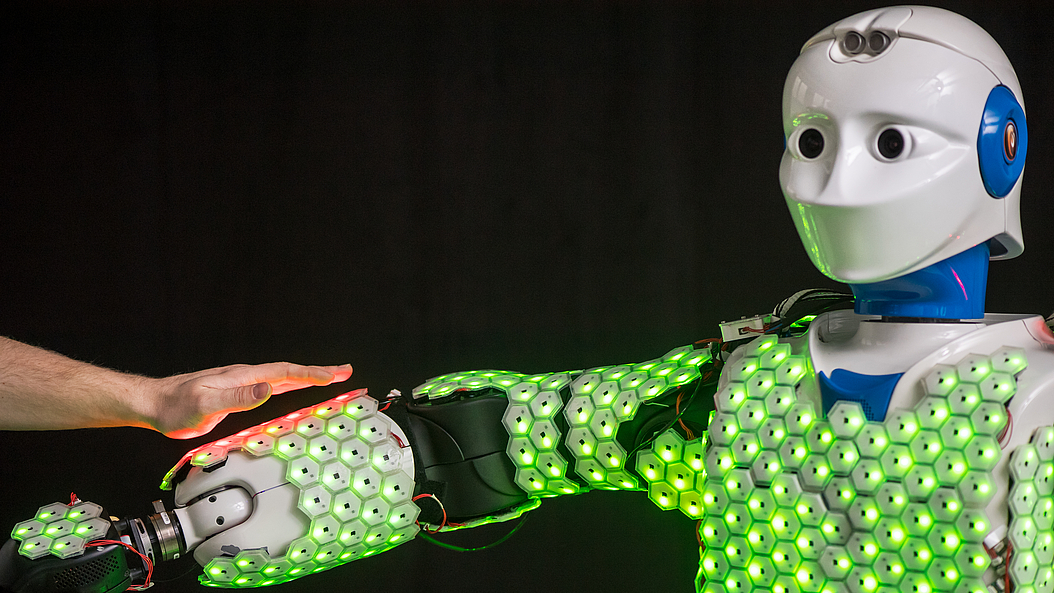
Through computational modeling and experimental design, we create groundbreaking solutions for biomedical challenges. Our research includes: macromolecular & process engineering, cellular systems, organoid & small-animal models, and patient-centered innovations.
Deploy
translating bioengineering into clinical impact
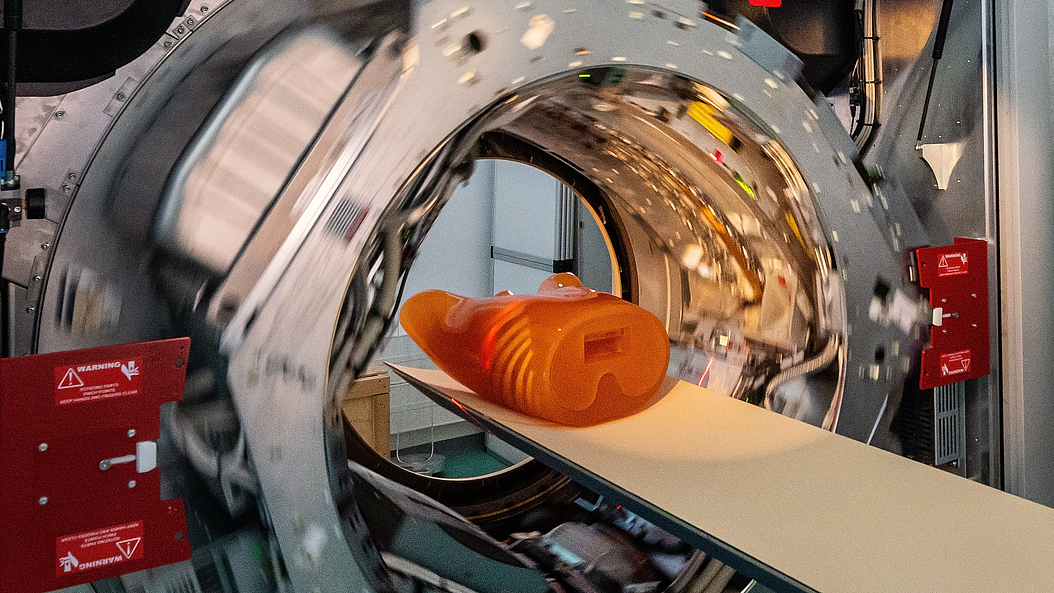
We bridge the gap between research and real-world applications by deploying innovative biomedical technologies. Our translational efforts focus on: smart therapies, disease insights, and medical imaging & therapy.

